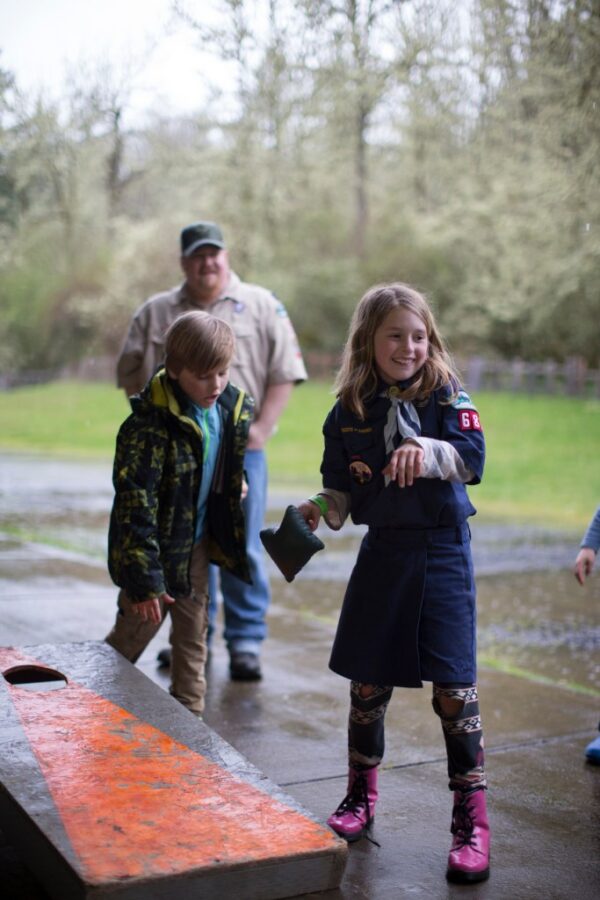Recruiting Pack Leaders – Get to know your Prospects and Plan Succession
Tune into a series of articles on Recruiting and Retaining Unit leaders over the next 3 months
- See Article 1 – Identifying the need for Unit Leaders
- Article 2 – Turning Parents into Helpers
- Article 3 – Show Organization and Set Expectations

Get to Know Your Prospects, Personally.
For key roles like “Den Leader” and “the next Cubmaster”, if you ask a group for volunteers, each individual may think “not me”. They may think that you meant to ask “somebody else” – so when you ask, also ask each individual (who could do the job) one on one for something they can do.
- When you do ask personally, it’s easier to find the right role for the parent.
- It’s harder for the parent to say “no”, because if you’re in a one on one talk, you can find something for the parent to help with.
- For key jobs, ask “two on one” or more:
- As you confirm your engaged leaders, have more than one of you target your next key prospective leaders to “join the team” because “we need you”.
- Eventually your team of one or two can become a team of ten or twenty.
Stay Successful: Use Succession Planning.
You don’t want to look back at your Pack and say, “too bad they folded”. One way to make sure they don’t fold is to ease people into roles using active succession planning. But start early so that you can ensure that your successors succeed.
- This can be a great way to get the reluctant volunteer to step up. If they say “well, I’d like to, but I really don’t know enough now”, you can let that person “shadow” a leader for a year (or for half a year) as an assistant before taking over the role.
- And if you make this “the norm” – and everyone knows that “someone comes after me” – it can be easier to get people to volunteer.
- Remember that parents of your fifth grade Webelos Scouts are “short-timers” and most (maybe all) will “check out” by crossover in winter or early spring.
- If any of them have Pack roles, you’re going to need their successors right away to get up to speed.
- You’re actually much better off having them step back “just to assist” the new person, so that the new person really “owns” the job, but has active help for that first part of the program year.
- For more ideas, see this Bobwhite Blather Blog and this Bryan on Scouting Blog on Succession Planning.
Be helpful, friendly, courteous and kind with your parents: let them “do their best” and join you
The Importance of Patience.
If you are a committed leader you have to be patient as you recruit helpers and develop leaders from the parent ranks.
- That means some things won’t be done as well as you might do them.
- But if you want to develop parents into helpers, and helpers into leaders, there will be struggles on the way – but that’s how these new leaders will learn.
- When you do grow, and let a new den leader lead a den, the goal shouldn’t be just “do it like I did it”, but let that parent do it using their strengths and resources.
- If you are a friend and counselor and enable the parent to be successful in their own way, you’re helping that den and family succeed in Cub Scouting.
- If you put too many limits on the parent, and hold them back, they are not going to be happy helping.
- So have patience and be helpful, friendly, courteous and kind to all your parents and let them “do their best”.
| 50 Ways to Lure a Leader | Word Document | Download |
|---|---|
| Den Leader Recruiting Scripts | Download |
| Every_Parent_Helps-1.DOC | Download |
| Fifty Ways to Lure a Leader | PPT Presentation | Download |
| Motivating Parents | PPT Presentation | Download |
| Yardstick Timeline Pack Family Recruiting Script | Download |
